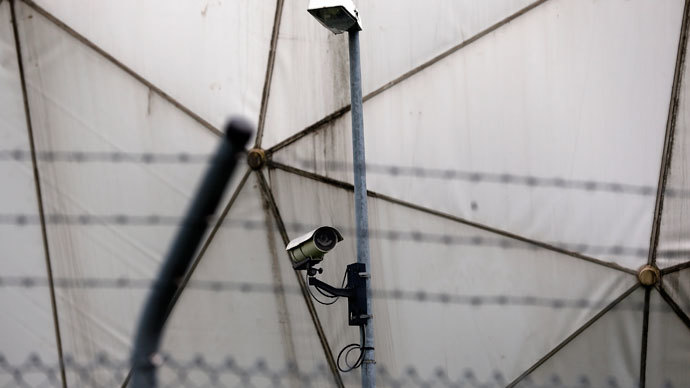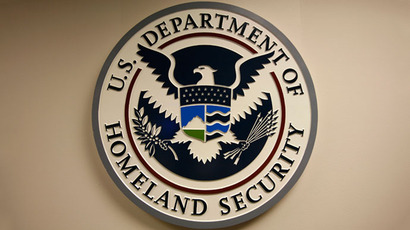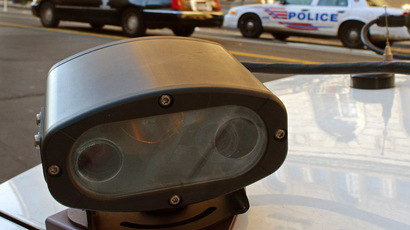‘Suspicious activity reports’ show that counter-terrorism program tracks innocent Americans

Information on innocent Americans is still routinely collected by a nationwide counter-terrorism program that has received scrutiny in the past, according to a public records request.
The American Civil Liberties Union (ACLU) and other rights
organizations released 1,800 so-called suspicious activity
reports sent by various levels of law enforcement to two
California intelligence fusion centers. The centers, along with
70 others, were created after 9/11 in an effort to coordinate
information sharing.
The records obtained by the ACLU do not show evidence of valuable
counter-terrorism intelligence, media outlets reported on
Thursday.
"An off-duty supervising dispatcher with Sacramento PD noticed
a female subject taking pictures of the outside of the post
office in Folsom on Riley Street this morning," reads a
suspicious activity report created June 4, 2010, as quoted by AP.
"The female departed as a passenger in a silver Mazda."
NPR reported on other seemingly trivial filings, including two
Middle Eastern men who bought US$1,700 in cigarettes, a Sikh who
received a suspicious tattoo, and an inmate in Sacramento who had
a drawing that read, "I Hate America."
The ACLU and other groups want the Obama administration to
reexamine and remedy the program - officially named the
Nationwide Suspicious Activity Reporting Initiative - so that it
focuses on terrorism investigations. It has requested that the
program “stop targeting people engaging in constitutionally
protected behavior like taking photographs."
"We want the administration to stop targeting racial and
religious minorities," ACLU lawyer Linda Lye said.
It is unclear how long the suspicious activity reports stay in
the program’s system. One photographer named in a California
report told NPR that he was worried about what may happen to him
if he tries to leave and re-enter the country.
"Am I going to have problems at the border?" Hal Bergman
asked. "Are they going to take my laptop when I come back in
the country? It makes me nervous that I'm not committing a crime,
and the government is building records about what I'm up to."
Last year, the Senate released a report stating that the
multi-billion dollar fusion center program had collected
information on innocent people but had not produced much valuable
counter-terrorism information.
The report concluded that the Department of Homeland Security
program had exhibited waste and grown beyond its original
intended scope.
A Homeland Security Department spokesman said at the time that
the Senate report was "out of date, inaccurate and misleading”
and insisted that local officials still benefited from the
coordination.
In early 2013, the General Accountability Office (GAO) said the
program could not track its own effectiveness. It added that 53
federal agencies are now integrated into the program. That number
is in addition to the regional fusion centers where activity
reports are collected.













